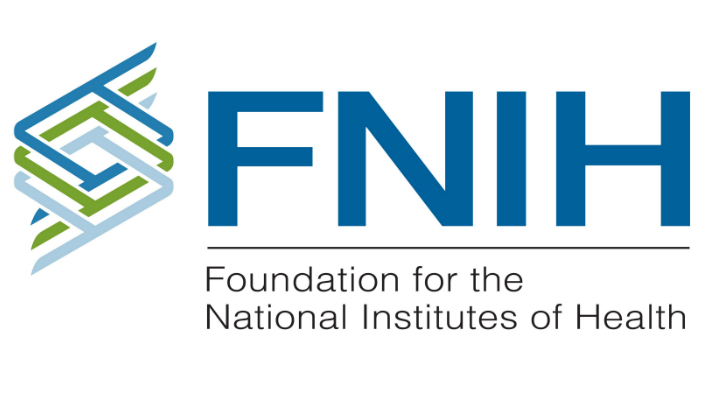The Open Philanthropy Project awarded a grant of $1,228,845 to the Foundation for the National Institutes of Health (FNIH) to form a working group to support development of a consensus pathway for field testing modified mosquitoes with driving transgenes.
The FNIH is a nonprofit organization that supports the National Institutes of Health by carrying out activities such as fundraising and facilitating partnerships, among others.
As part of its work to identify potential focus areas within the category of scientific research, Open Philanthropy became aware of a relatively new technology called “gene drives” (see this New York Times article for an overview). The FNIH proposes to convene a working group of approximately twenty experts to recommend a consensus path for field testing gene drives to fight malaria. This recommendation will include guidelines on how to safely field test gene drives for population modification and population suppression of vector mosquitoes in order to determine whether they could safely and ethically be deployed widely. To date, the FNIH and the Bill & Melinda Gates Foundation have been key actors supporting the development of this new technology, including commissioning of prior independent studies to consider best practices, and Open Philanthropy thinks the FNIH is well positioned to convene a working group to develop a field testing pathway that can be used to inform researchers and other stakeholders.
Open Philanthropy’s hope is that developing consensus around a testing pathway will clarify the requirements and reduce the amount of time needed before a gene drive affecting malarial burdens could be released, if the technology is eventually determined to be feasible, safe, and ethical.


